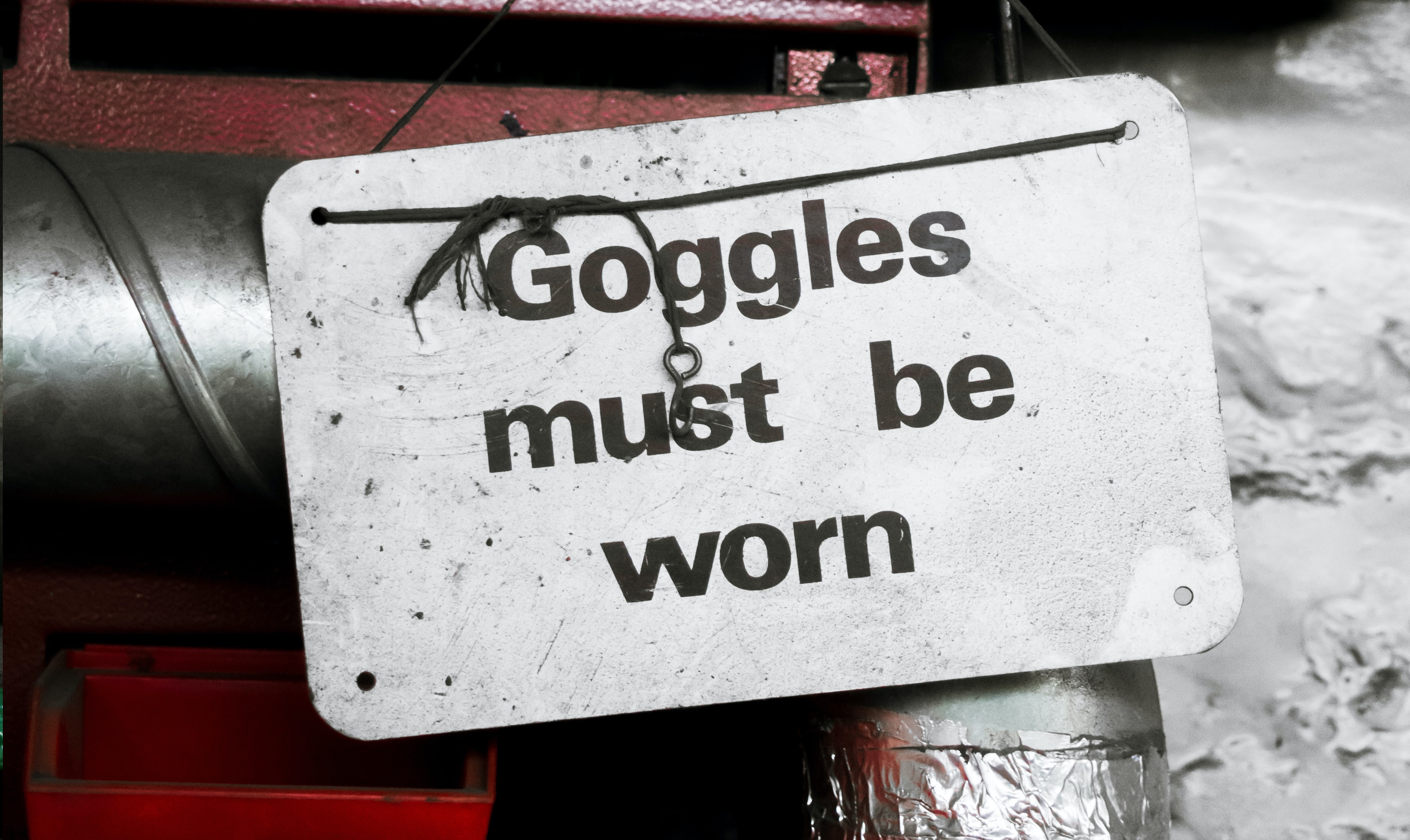
Cargando...
¿Qué puedo hacer?

This lesson will expand knowledge of the following contents:
The modal must expresses obligation or necessity: You must use this form; We must try to escape. It can also express a confident assumption (the epistemic rather than deontic use), such as in It must be here somewhere.
An alternative to must is the expression have to or has to depending on the pronoun (in the present tense sometimes have got to), which is often more idiomatic in informal English when referring to obligation. This also provides other forms in which must is defective and enables simple negation.
Terminology:
Protagonists:
Credits: the previous information has been extracted from the following wikipedia articles
This lesson will expand knowledge of the following contents:
The modal must expresses obligation or necessity: You must use this form; We must try to escape. It can also express a confident assumption (the epistemic rather than deontic use), such as in It must be here somewhere.
An alternative to must is the expression have to or has to depending on the pronoun (in the present tense sometimes have got to), which is often more idiomatic in informal English when referring to obligation. This also provides other forms in which must is defective and enables simple negation.
Terminology:
Protagonists:
Credits: the previous information has been extracted from the following wikipedia articles
Contenido exclusivo para miembros de

Mira un ejemplo de lo que te pierdes
Categorías:
Etiquetas:
¿Quieres comentar? Regístrate o inicia sesión
Si ya eres usuario, Inicia sesión
Añadir a Didactalia Arrastra el botón a la barra de marcadores del navegador y comparte tus contenidos preferidos. Más info...
Comentar
0